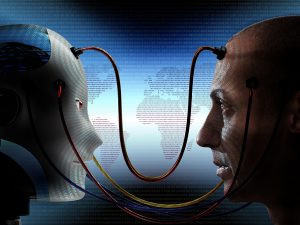 Reading through the Federal IT media and even mainstream media we are seeing two words in close proximity fairly frequently - government and innovation. These two words once thought to be polar opposites are now enjoying a new relationship. On the whole, government agencies are being encouraged to step away from the, "this is how we've always done it" mentality and looking for ways to deliver government to the people in a more modern and efficient way. Much of this encouragement is in the form of mandates as well as out of necessity with aging legacy infrastructures.
Reading through the Federal IT media and even mainstream media we are seeing two words in close proximity fairly frequently - government and innovation. These two words once thought to be polar opposites are now enjoying a new relationship. On the whole, government agencies are being encouraged to step away from the, "this is how we've always done it" mentality and looking for ways to deliver government to the people in a more modern and efficient way. Much of this encouragement is in the form of mandates as well as out of necessity with aging legacy infrastructures.
So how is this innovation happening? First, there are organizations designed to help agencies make the shift from traditional government thinking to a more forward-leaning, private sector model of technology development and change management.[Tweet "How is innovation happening in #Government? #GovEventsBlog #Innovation"] Continue reading








